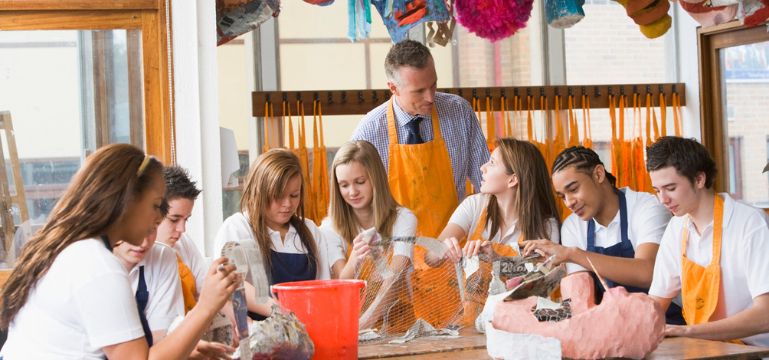Effective practice |
The effect of the wide provision of interventions to support the development of pupils’ literacy, numeracy, motor, personal, emotional and behavioural skills
Useful links
Provider:
Other resources from this provider

Thematic report |
ICT at key stage 3: The impact of ICT on pupils’ learning at key stage 3 in secondary schools - July 2014
pdf, 1.16 MB Added 01/07/2014
This report focuses on the impact of information and communication technology (ICT) on pupils’ learning in key stage 3 in secondary schools. ...Read more
